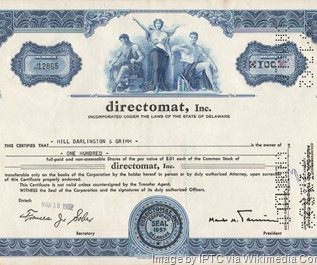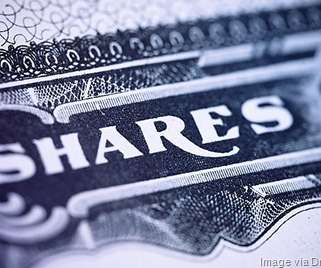Flexible VC, a New Model for Companies Targeting Profitability
David Teten
JANUARY 19, 2021
From traditional equity VC, Flexible VC borrows the option to pursue and reap the rewards of an outsized exit. Flexible VC 101: Equity Meets Revenue Share. Equity Ownership. Yes, typically preferred equity. On average, founders own just 43% of equity by Series B , declining thereafter. Flexible VC 102: Variations.




























Let's personalize your content